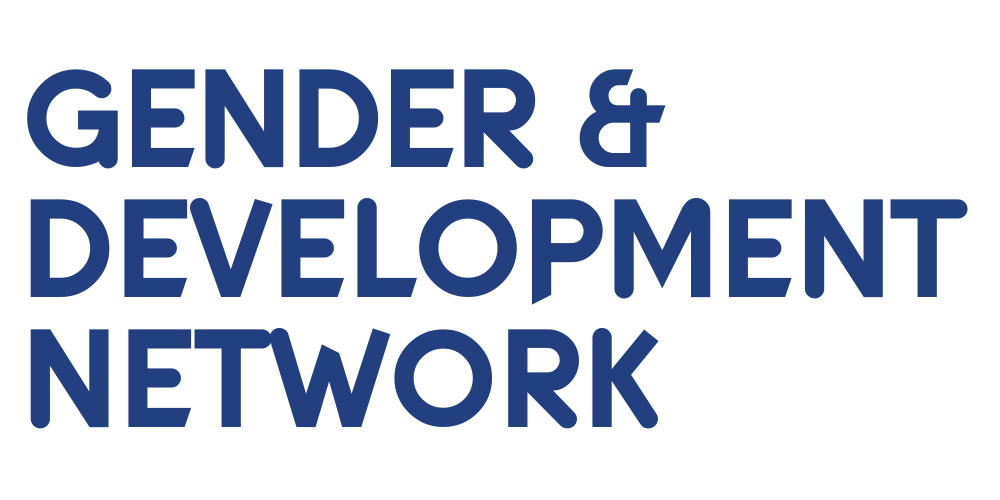Can public-private partnerships deliver gender equality?
Our latest briefing, written in partnership with Eurodad and FEMNET, explores how public-private partnerships (PPPs) have been widely promoted to help countries finance meeting the SDGs, despite a growing body of evidence that challenges the capacity of PPPs to deliver gender equality and other social goals.
In a context of public spending cuts and increased pressure on public services, research has found that PPPs are an expensive method of financing the provision of services. With such significant amounts of money being diverted to the private sector from the public purse, this means less money is available to spend on essential public services, which are vital to the realisation of women’s rights. Moreover PPP financing, with its focus on profit, is incompatible with creating truly gender-transformative services that meet the strategic priorities and practical needs of those women facing intersecting discriminations.
